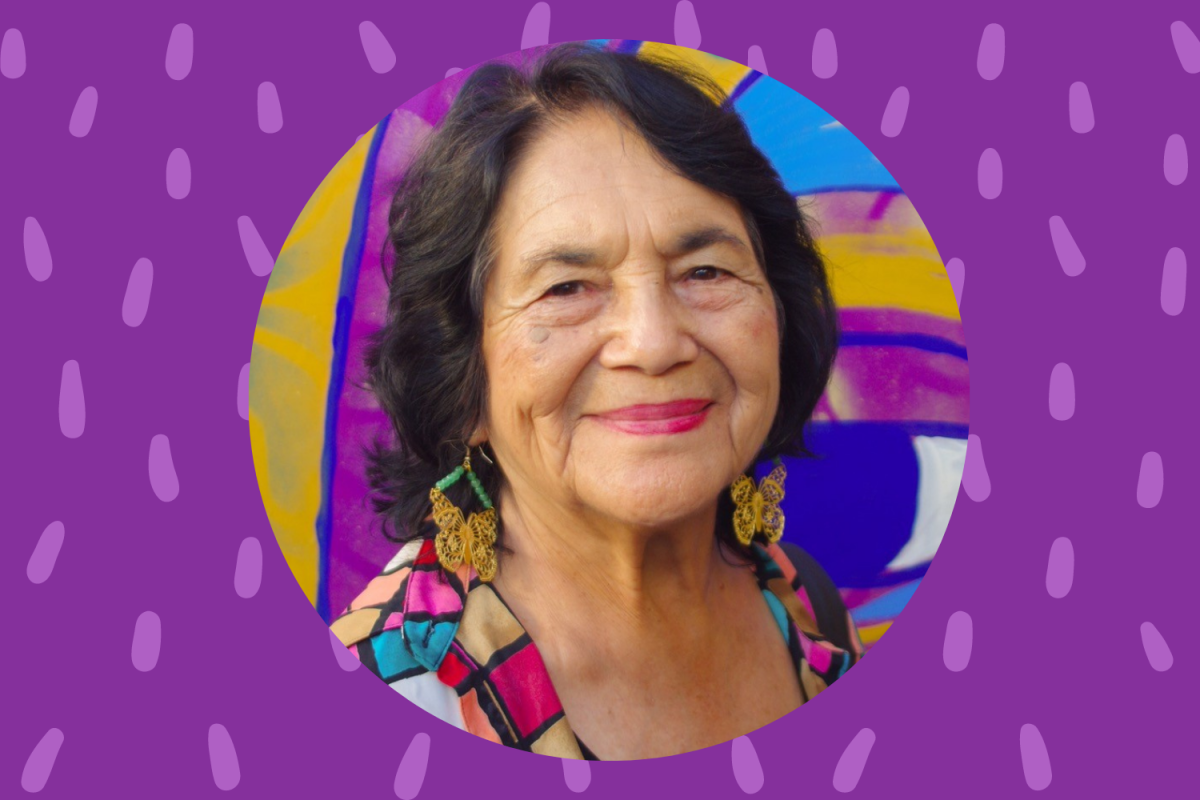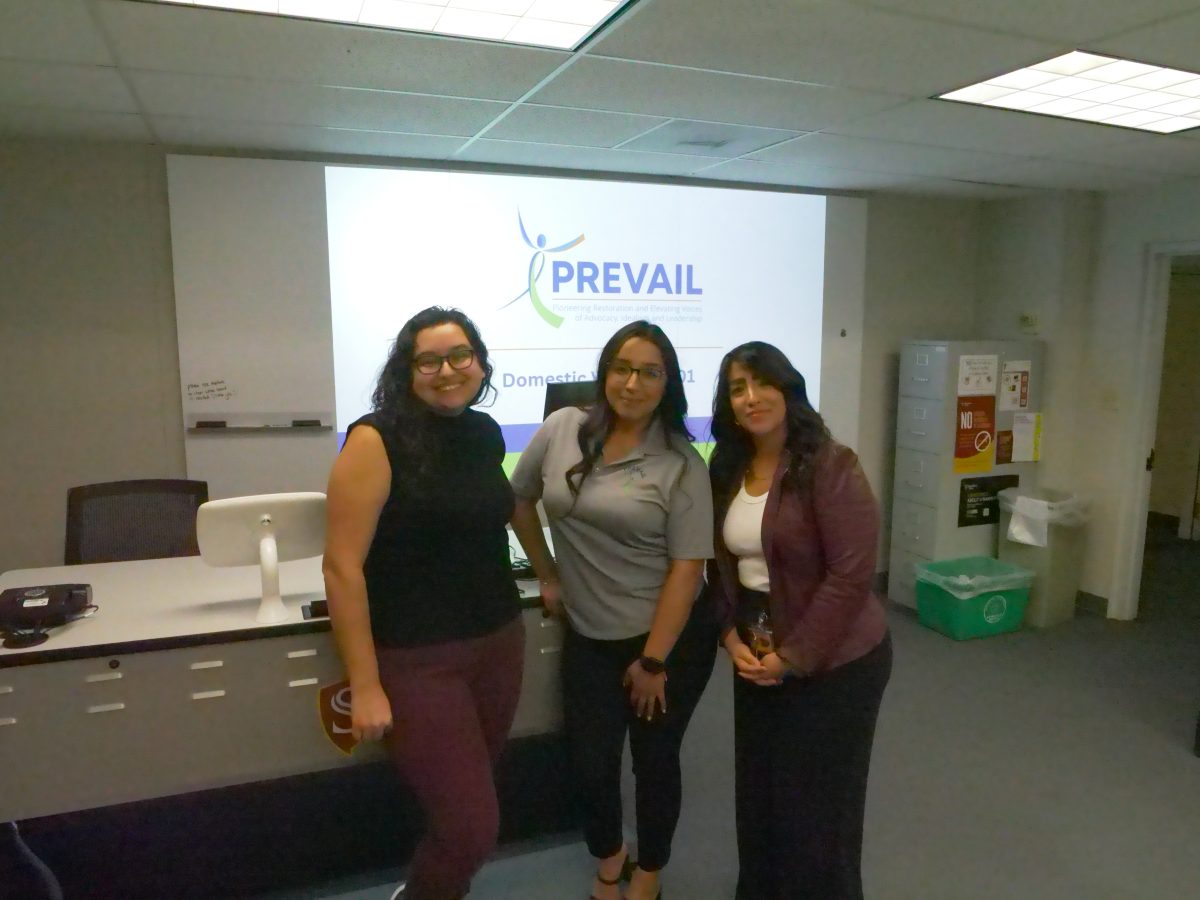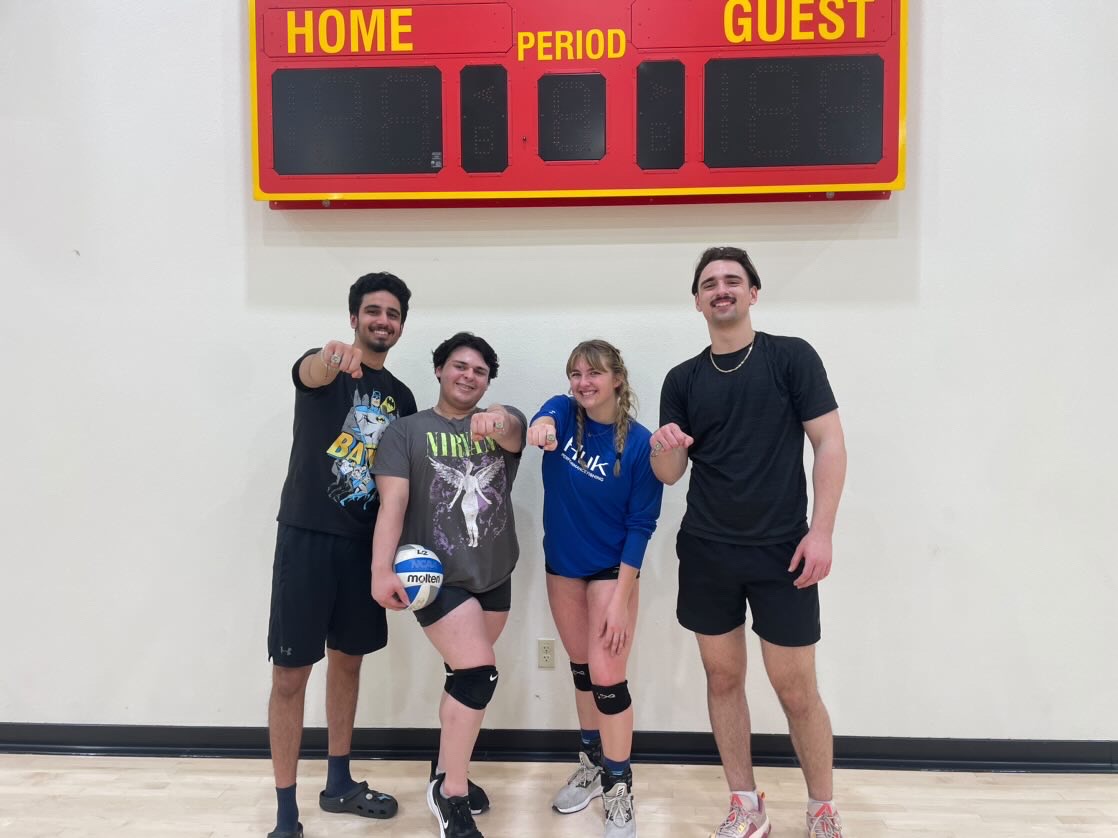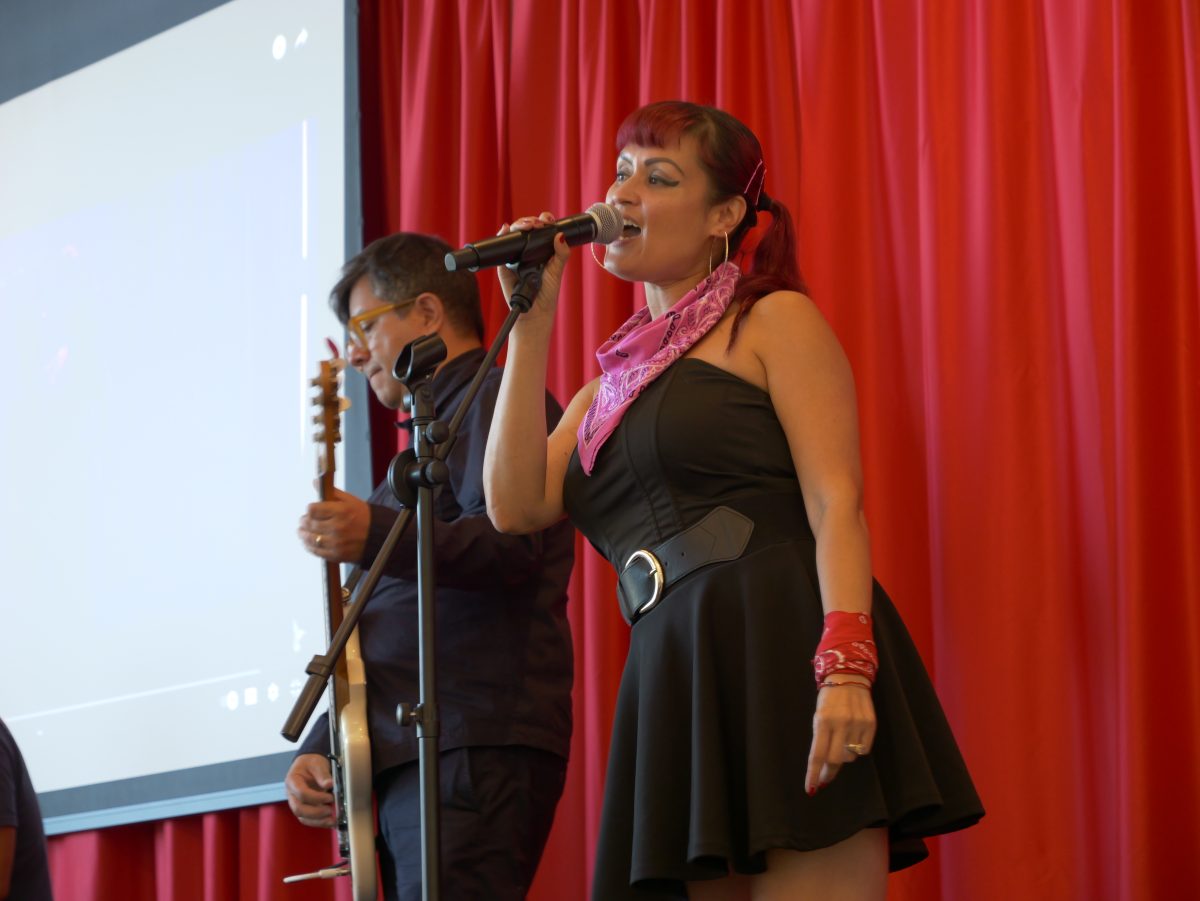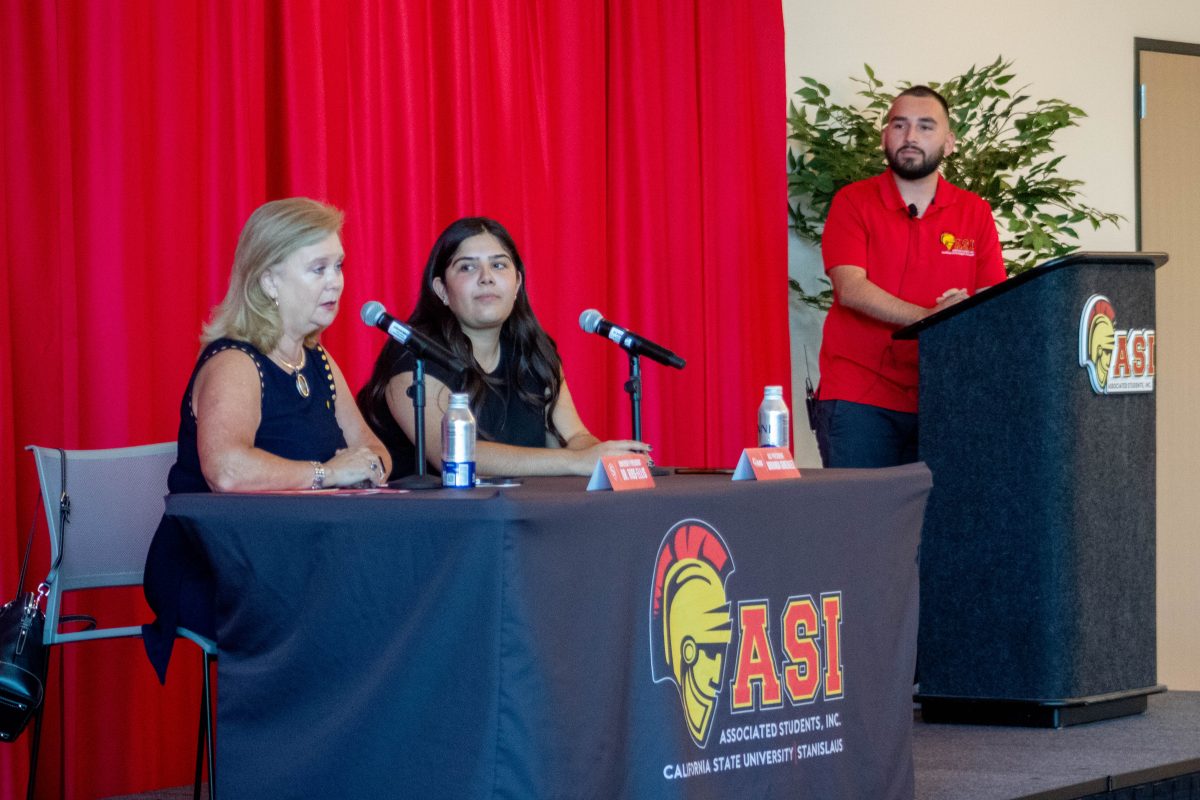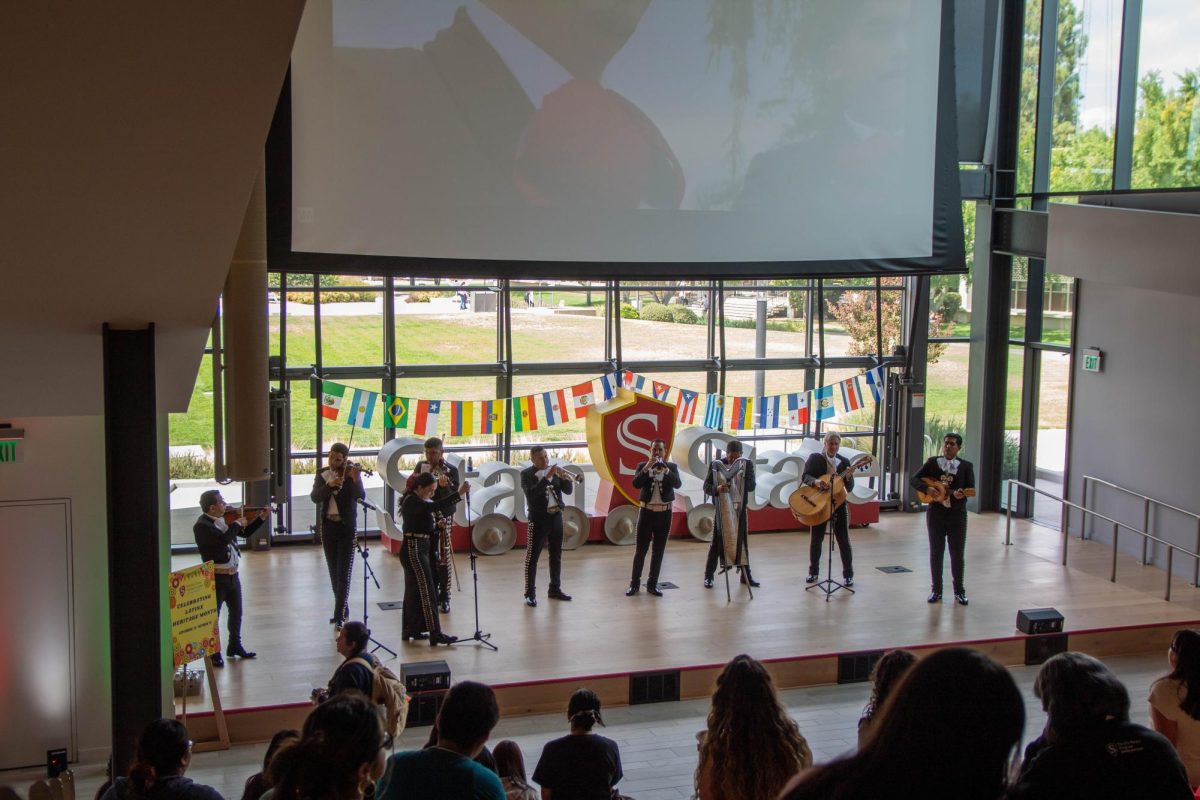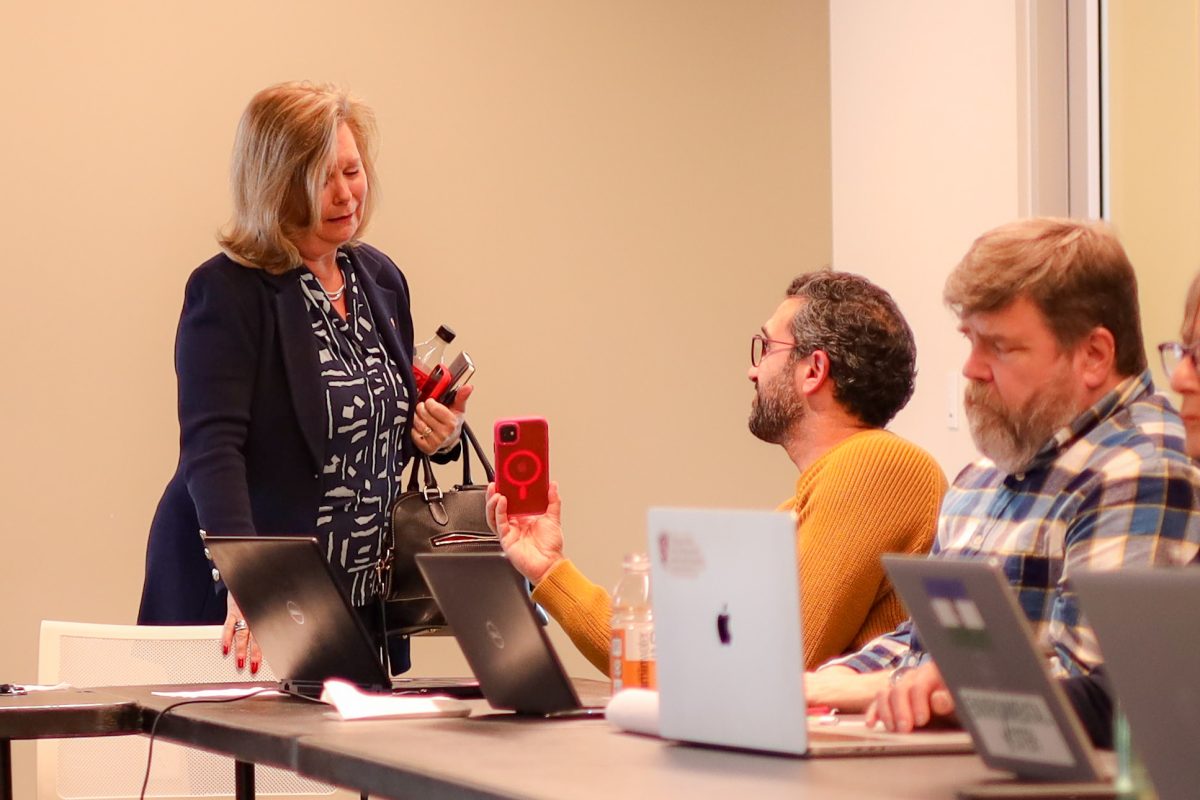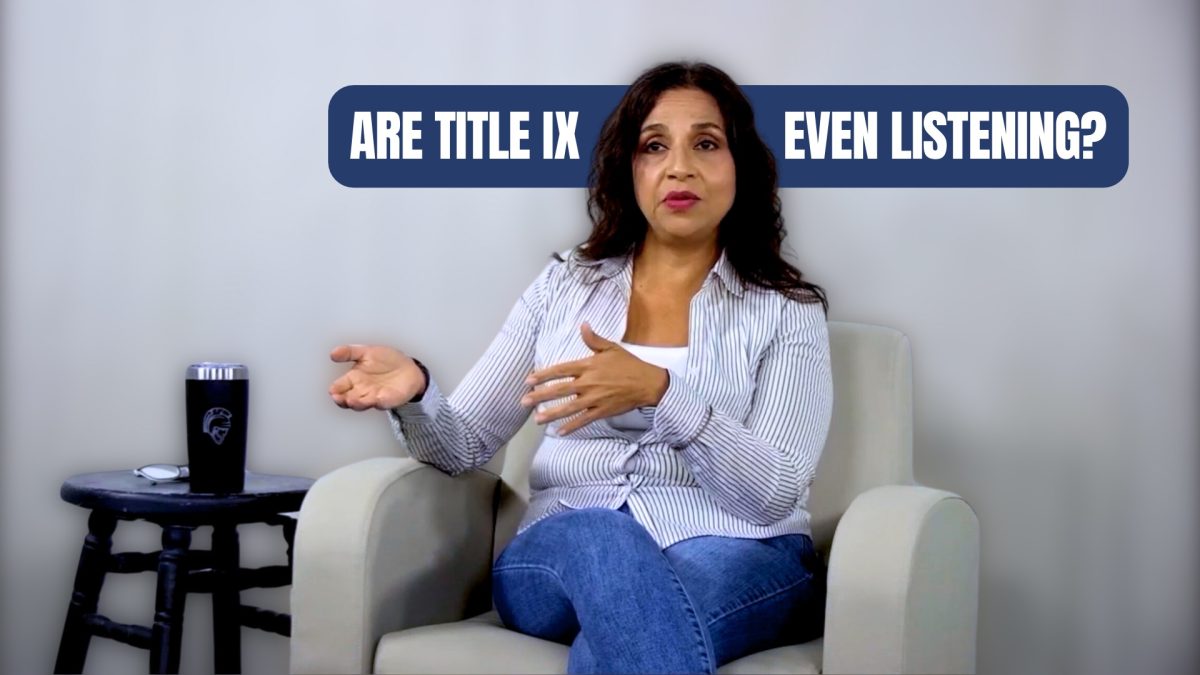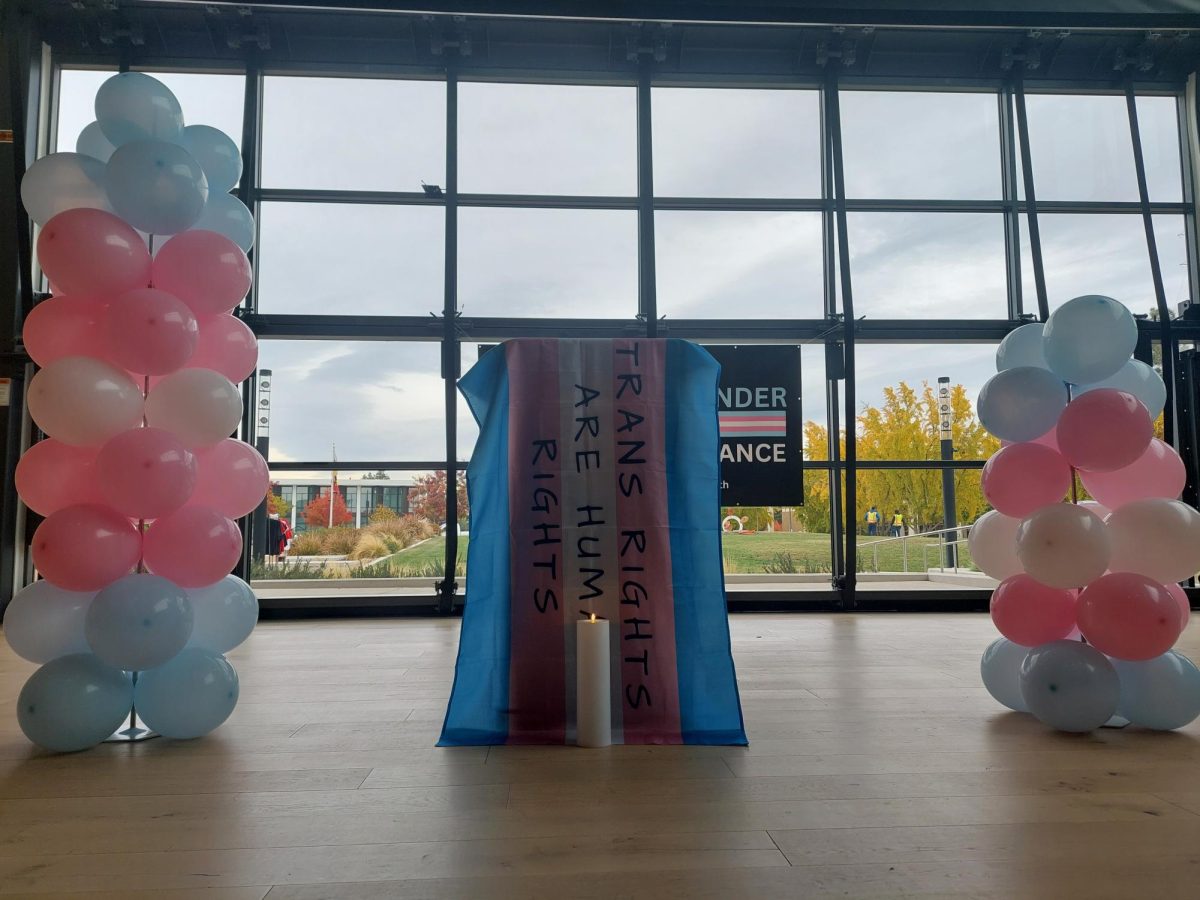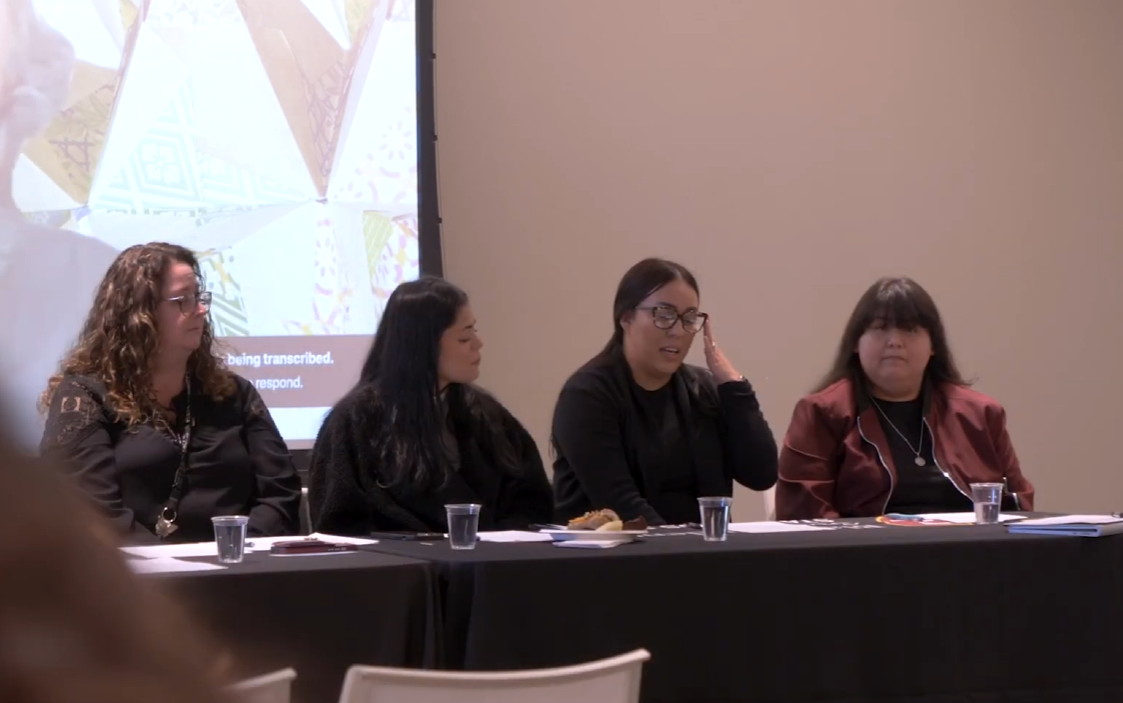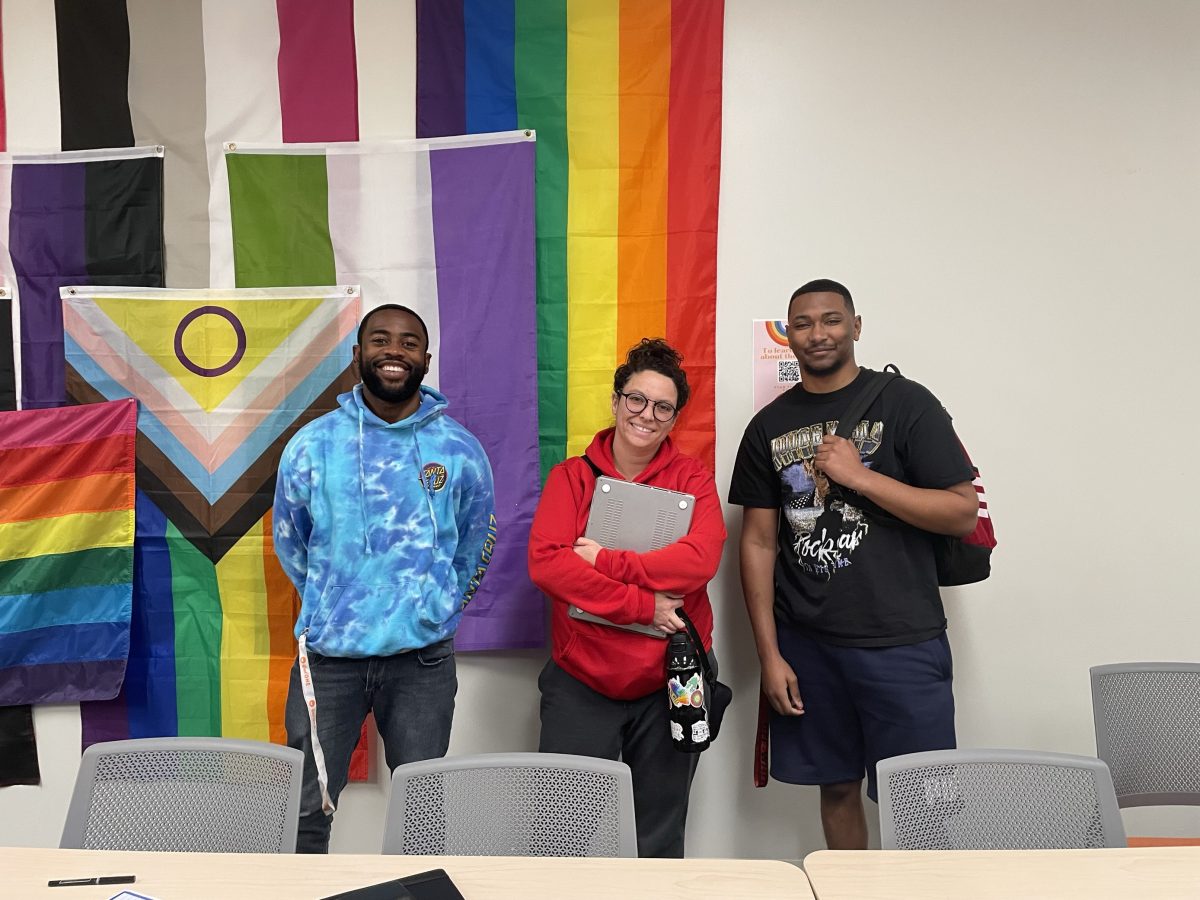Dolores Huerta is a civil rights activist who worked for 50 years in labor rights and social justice movements and is the founder and president of the Dolores Huerta Foundation.
On April 14, Huerta spoke directly with members of the Stanislaus State campus community at the latest Women’s Campus Connection event.
Huerta spent most of her childhood and early adult life in Stockton with her mother and two brothers. She earned her teaching credentials from the University of the Pacific Delta College and became a teacher. When she couldn’t bear to see students come to school with empty stomachs and bare feet, she began her lifelong journey to correct economic injustice. Her journey included helping found the United Farmworkers Union in 196 alongside Cezar Chavez.
Speaking with the college community, Huerta praised the CSU’s action towards making Ethnic Studies a general education requirement, but expressed her belief that ethnic studies should be taught in elementary schools in order to counter-teach racism.
With the Dolores Huerta Foundation, she and her team have organized state and national movements to register educated voters, advocate for educational reform, bring about infrastructure improvement in low income communities, advocate for greater equity for the LGBTQ+ community and create strong leadership development. She believes that this advocacy can be shared within the younger generations.
Huerta also believes that it is not enough to state that one is not racist, homophobic or sexist, but that individuals must be anti-racist, anti-homophobic and anti-sexist to fully end these actions.
“We want to generate peace, we want to generate acceptance and belonging to everyone, there is no reason why people should be divided,” Huerta said.
On the topic of sexism, Huerta explained that while we can actively celebrate women’s rights and accomplishments, such as the first Black Woman on the Supreme Court of the United States and having the first Latina woman on the California State Supreme Court, there are still injustices happening every day. For example, a recent Oklahoma bill making it a crime punishable up to 10 years in prison if a doctor performs an abortion.
“While it really looks like we’re making advances for women, it seems we are taking steps back as well,” Huerta said. “We do not have equal rights for women in the United States of America [and] we will never have peace in the world until women have power.”
Huerta also explained that women must have more power in the United States, as they tend to be more compassionate. Using the example of the conflict between Russian and Ukraine, she expressed confidence that the war would not have taken place if the president of Russia was a woman.
“Women don’t want to see their sons, their husbands, their brothers killed. They do not want to see their daughters raped, so as women in power we would do everything we could to prevent a war, not to start a war,” she said.
Huerta went on to list off the specific needs of women in order to have a more equal and peaceful society. This list includes:
-
Equal rights
-
Universal healthcare for children
-
Better education for children
-
The basic rights everyone should have for their families
Huerta highlighted the issue of healthcare and education and how the country of Cuba provides free healthcare and college schooling while questioning why the United States does not.
Huerta added that it is also important for people to be politically informed so they can vote the way they should. She explained that things will stay the same and won’t change unless more people from all backgrounds get involved in the electoral process. She believes that advocacy will not make a difference unless it is put into law, and now is the time to get involved in the political process.
“Democracy is when people engage at the grassroots level to elect good representation.”
Audience member Jey Strangfeld asked if Huerta ever experienced setbacks or felt feelings of defeat. She admitted that inspiring and ensuring change is much easier said than done.
Huerta gave an example of when she worked with Cesar Chavez. At the time, the group felt as if they were losing the strike for workers rights. Nevertheless, the setbacks opened a door for the strike to take on a greater life as they decided to protest in San Francisco in front of much larger crowds. She explained that the lesson they learned is if you’re not winning by doing one type of activity, then switch it up and try something different.
Audience member Monica Andrade posed another question, asking whether or not Huerta feels as if the Democratic Party is not doing much for social change, especially when they campaign heavily on the platforms of social justice..
“Its not the Democratic Party’s fault,” she said.
She said she believes that President Joe Biden’s plan for immigration reform would have been a positive step forward, but 50 republicans and 2 democrats did not offer their support. Regardless of the failed reform, she believes that the majority of Democrats remain committed to social change.

